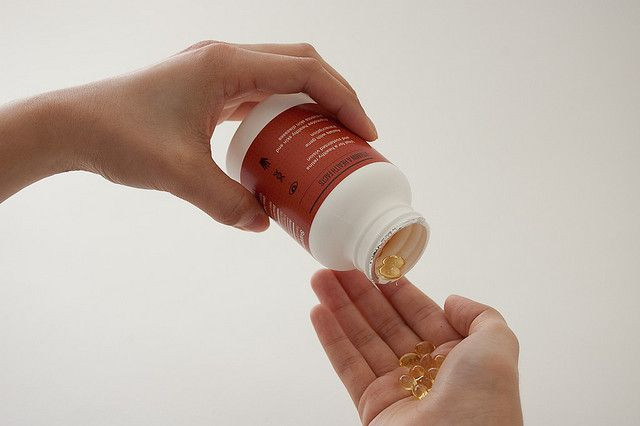Five Surprising Dangers of Supplements and Vitamins

Vitamins and supplements have taken a prominent space in many Americans' medical cabinets. In fact, about half of Americans take vitamins, minerals, herbs or other nutritional supplements on a regular basis. But according to an investigation by Consumer Reports, many people are not getting what is advertised on the bottle.
Supplements Are Not Without Risks
The Food and Drug Administration (FDA) reports that there have been 10,300 serious outcomes from dietary supplements between 2007 and mid-April 2012, they suspect that many more serious outcomes have never been reported to them. The outcomes include emergency-room visits, injuries, illness and even death from people reporting symptoms as diverse as kidney problems to fatigue. Of course, prescription drugs come with much higher rates of serious problems, but doctors say that there is an important difference: prescription drugs often save lives, while there is no evidence that vitamins have ever saved even one life. The FDA has a search feature where you can type in the name of the supplement that you are thinking of buying, and can see if it has ever been subject to warnings or recalls. If you are having problems with your supplement, please report them to the FDA.
Some Supplements Are Laced with Prescription Drugs
In fact, since 2008, the FDA has recalled more than 400 dietary supplements that have been spiked with the active ingredients in many prescription drugs. Worse still is that, if you take a supplement laced with prescription drugs, you may suffer the same side effects and interactions that you would have if you took the prescription drug in the first place. The FDA has received reports of strokes and pulmonary embolisms as a result of some of these products. If you suspect that you are taking a drug that has been laced with prescription compounds, email the FDA immediately.
You Can Overdose on Vitamins
Many vitamins and minerals have more than 100 percent of the necessary daily allowance. (In my house, we used to have a bottle of Vitamin C that advertised 833 percent of the necessary daily intake of the vitamin in every pill). Unless your doctor tells you that you need more than the suggested daily allowance, you probably don't. Enormous doses of vitamins can cause problems, and even a single 100-percent dosage could interact with other medications. Some people could suffer from side effects from too much calcium or iron.
Not All Supplements Labeled as 'Natural' Are
Vitamins can be made synthetically in a laboratory, because by definition, vitamins do not have to come from nature; they simply have to perform the function that they do in nature. You may have better luck with bottles that say 'botanical,' which means that they came from a living organism.
None Have Been Proven to Cure Anything
As many people have realized, dietary supplements do not need to be FDA approved. They are not required to have warning labels, and as such, many do not. Many more have warning labels that are extremely vague. If a bottle says that they can protect against types of cancer, or say that they can diagnosis, treat, or cure anything, be wary – none have been proven to do so.
Most of all, you may not even need supplements at all, if you are not suffering from a condition diagnosed by your physician. If you are eating a varied diet, most of the time you will receive all of the necessary vitamins and minerals through food.
Consumer Reports published their report on supplements and vitamins on Friday.



























